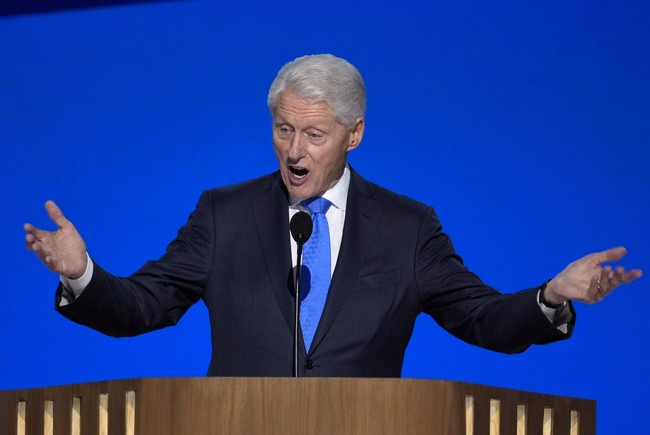Turkish-Syrian Tensions and Kurdish Militants: A Closer Look
Explore the intricate dynamics in the Middle East as Turkey plans to open a consulate in Aleppo, while tensions rise with Kurdish militants. Discover the key players and their strategies.
Published December 26, 2024 - 00:12am

Image recovered from arabnews.com
In a significant development that underscores the volatile dynamics in the Middle East, Turkish President Recep Tayyip Erdogan has declared the intention to open a Turkish consulate in Aleppo, Syria. This announcement comes amid heightened tensions between Turkey and Kurdish militants in the region. Erdogan has issued a stern warning to these groups, urging them to surrender their arms or face dire consequences in Syrian lands.
This announcement aligns with Turkey's longstanding policy of viewing Kurdish groups, notably the YPG and PKK, as significant threats to its national security. These groups have been at the forefront of complex geopolitical disputes, particularly given their prominent role within the Syrian Democratic Forces (SDF), which have received substantial support from the United States.
Parallel to Turkey's diplomatic maneuvering, the newly established authorities in Damascus have announced a sweeping agreement to dissolve armed groups within Syria, integrating them into the Ministry of Defense. However, this agreement pointedly excludes the Kurdish-dominated Syrian Democratic Forces (SDF), which currently exert control over extensive areas in northeastern Syria. The exclusion marks a significant division and highlights the ongoing strategic complexities in north-eastern Syria.
The recent developments in Syria are further complicated by the actions of the Turkish military, which has reportedly neutralized 21 Kurdish militants in northern Syria and Iraq. Such military operations are part of Turkey's broader strategy to suppress what it defines as terrorist threats posed by the PKK and groups linked to it, including the YPG. This has engendered substantial friction, especially considering the YPG's battles against the Islamic State alongside U.S. forces.
From a geopolitical vantage point, these multifaceted actions are set against a backdrop of profound changes in Syria's political landscape. Earlier this month, a coalition led by Hayat Tahrir al-Sham (HTS) took control, leading to the collapse of President Bashar al-Assad's army. The new leadership under Ahmad al-Chareh is focused on consolidating power and ensuring that all armed factions fall under state control. This shift raises questions about Syria's future direction and stability as international players, including Turkey, seek influence.
The impact of these developments extends beyond Turkey and Syria, as regional and international powers navigate the balance of power. Turkey, supported by some factions, seeks to eliminate the influence of groups it perceives as threats, potentially reshaping the military landscape of the region. Meanwhile, the Kurdish forces find themselves in a precarious position, juggling alliances and external pressures from powerful neighbors.
Erdogan's consulate announcement and his threats against Kurdish militaries are indicative of Turkey's broader ambitions in Syria. Ankara's strategy involves not only military operations but also economic and diplomatic initiatives aimed at increasing its influence in post-conflict Syria. Erdogan's expectation of increased border traffic following the opening of the consulate is a step towards facilitating the return of millions of Syrian refugees currently residing in Turkey.
In conclusion, the unfolding scenario in Syria and the broader region is marked by a blend of diplomatic, military, and strategic moves by multiple stakeholders. Turkey's significant engagement, the evolving political authority in Syria, and the reactions of displaced Kurdish factions are essential elements of the ongoing puzzle. The international community's focus is on how these developments will affect regional stability and the broader geopolitical balance in the Middle East.






